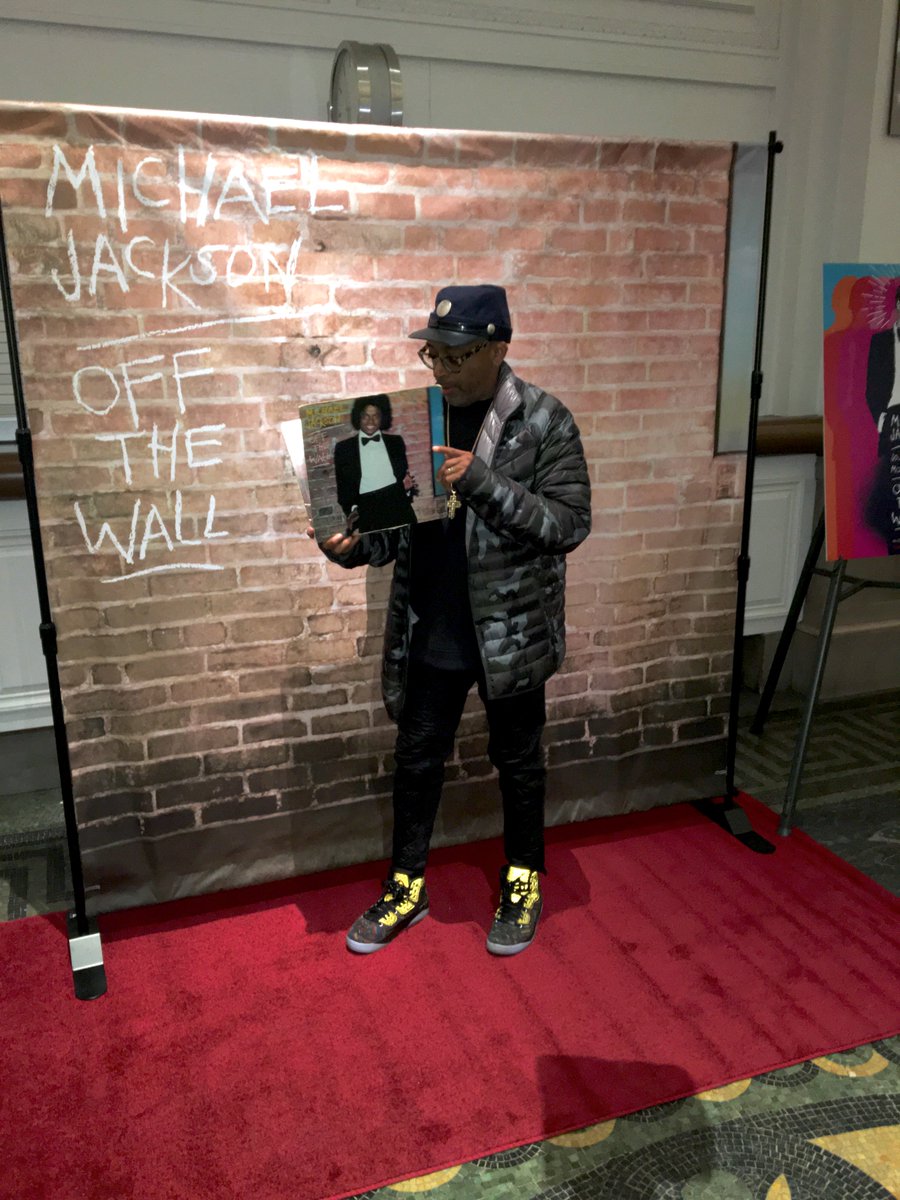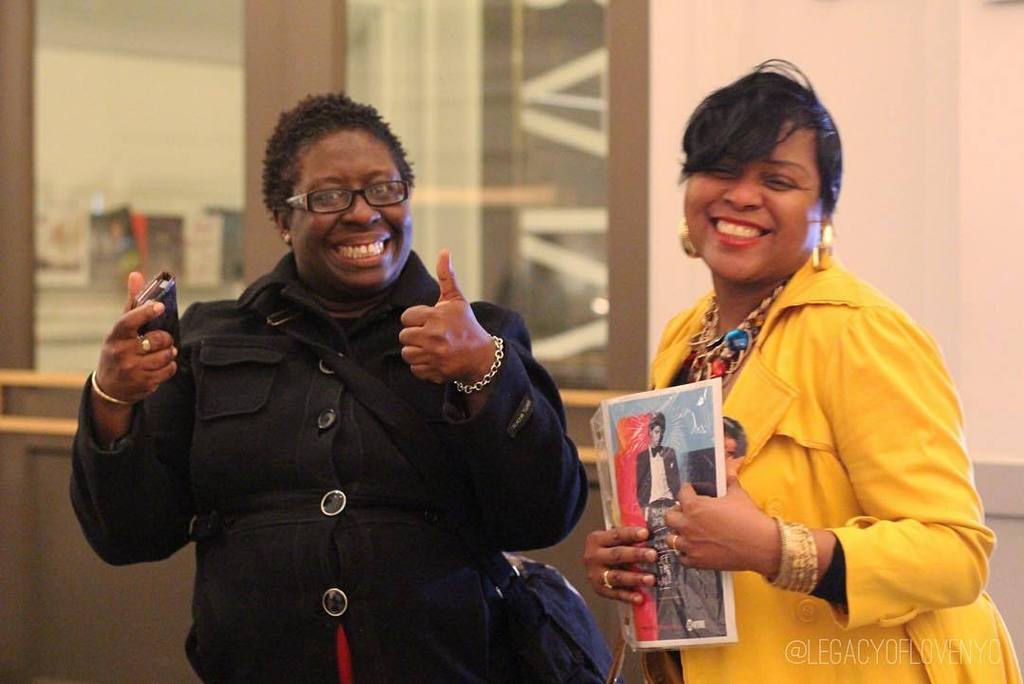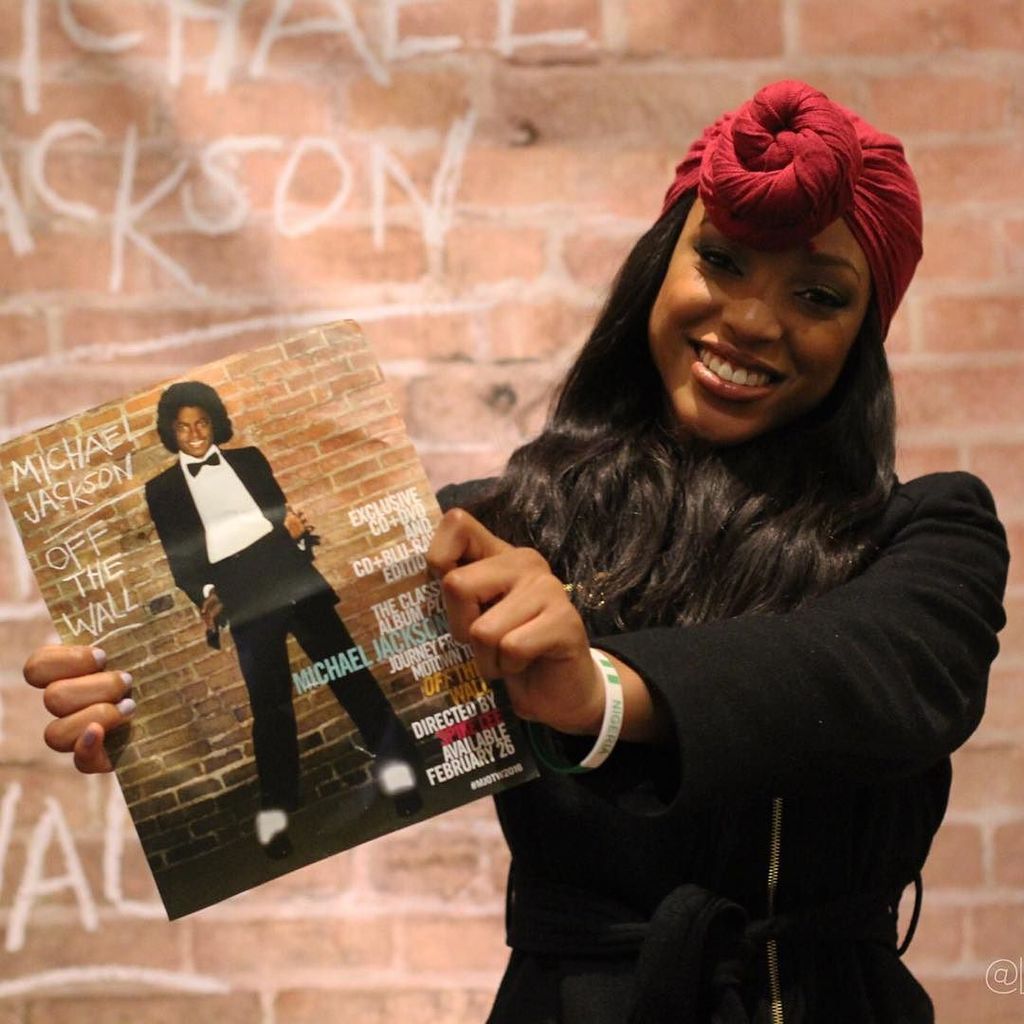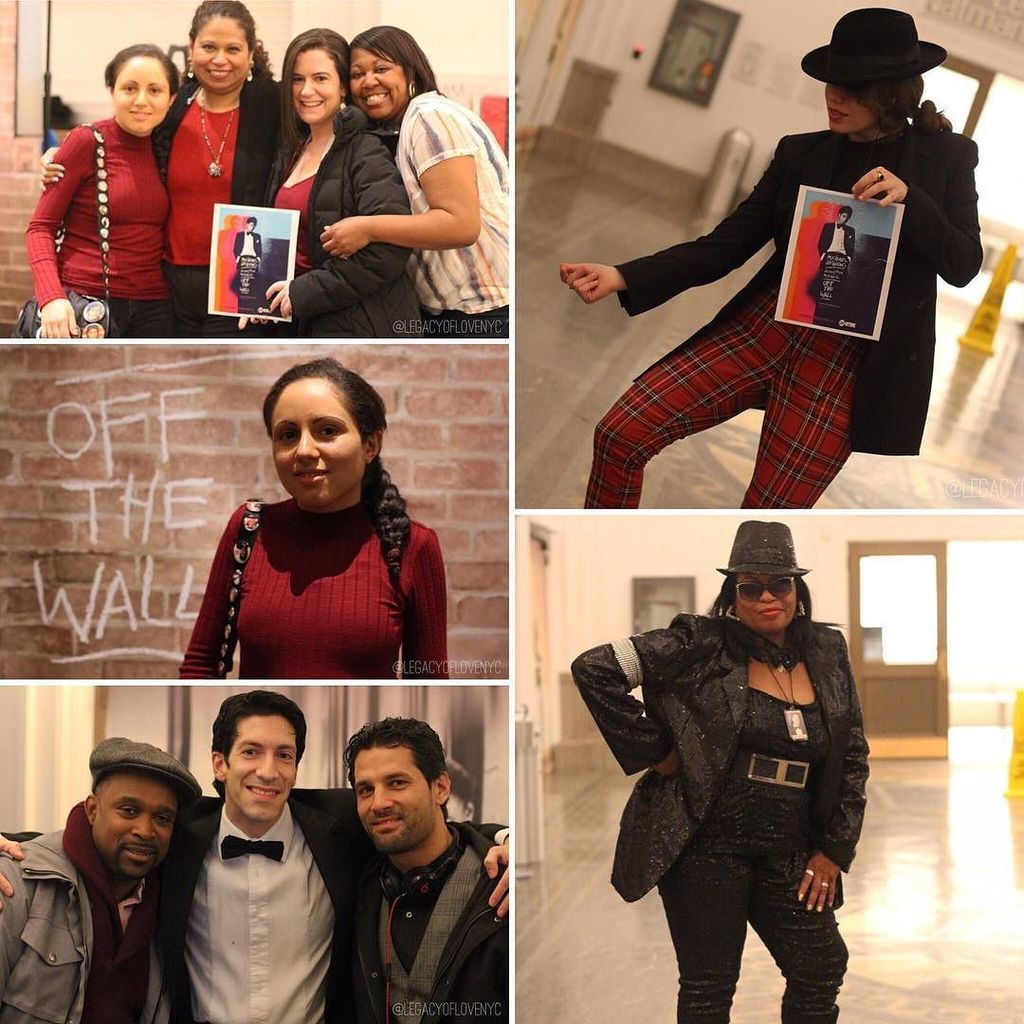Ich denke nicht viele sind hier im Forum wirklich an den Artikeln zur Doku intressiert. ISomit werde ich mir zukünftig Arbeit und Zeit in Übersetzungen sparen.
SUNDANCE 2016 – “MICHAEL JACKSON’S JOURNEY FROM MOTOWN TO OFF THE WALL”
January 25, 2016 — Leave a comment
Michael Jackson, in my opinion, is the greatest showman ever to grace a stage. He could sing like no one before or after him, his dance moves were effortlessly complex, and he knew how to put on a show.
Michael Jackson ist meiner Meinung nach der größte Showmann der jemals eine Bühne berterten hat. Er konnte singen wie niemand zuvor oder nachher, seine Tanzbewegen waren mühelos komplex und er wusste wie man eine Show zusammenstellte.
In director Spike Lee’s documentary “Michael Jackson’s Journey from Motown to Off the Wall”, we get to see how brilliant Jackson was and a track by track look at one of his best albums.
This isn’t a normal Michael Jackson documentary. Lee focuses on the time in Jackson’s life when he and his fellow Jackson 5 brothers were ruling at the world at Motown records and then their transition to Epic Records, where Jackson would eventually break away from the group and make his first solo album, “Off the Wall”. We then here a slew of celebrities and producers talk track by track about the album, much like Lee’s last Jackson documentary, “Bad 25” (2012). Each song is broken down from how it was made, to its importance, which gives us a true idea of what Jackson was thinking while making the album.
Jeder Song wird heruntergebrochen, von wie er gemacht wurde bis zu seiner Wichtigkeit, die uns eine Idee gibt was Jackson dachte während er das Album machte.
Using a combination of found concert footage and interviews with Jackson and current celebrities, Lee paints a crisp picture of Jackson as an artist and the state of music in that era. We also get an understanding of what Jackson and “Off the Wall” meant to black culture and the black community. He gave them a voice and a face in the predominantly white music scene in the 70’s.
Mit einer Kombination aus gefunden Konzertaufnahmen und Interviews mit Jackson und aktuellen Stars malte Lee gestochen scharfe Bilder von Jackson als Künstler und dem Zustand der Musik in dieser Zeit. Wir bekommen auch ein Verständnis von dem was Jackson und "Off the Wall" für die schwarze Kultur und die schwarze Community bedeutete. Er gab ihnen eine Stimme und ein Gesicht in der überwiegend weißen Musikszene in den 70er Jahren.
The concert footage Lee got is incredible. Most of the footage, and the best footage, comes from his Triumph Tour in 1981. This concert was incredible and Lee gives us a front row seat. Seeing Jackson rock a bedazzled shirt, dance his heart out, and sing classics like “Don’t Stop ‘Til You Get Enough” is something to behold. His performance of “She’s Out of My Life” gave me goosebumps.
Die Konzertaufnahmen, die Lee bekam, sind unglaublich. Die meisten der Aufnahmen und die besten Aufnahmen, kommen von seiner Triumph-Tour im Jahr 1981. Dieses Konzert war unglaublich und Lee gibt uns einen Logenplatz. Jackson zu sehen eine blendendes Shirt tragend, sein Herz austanzend und Klassiker singen wie "'Til You Get Enough Do not Stop". Seine Leistung in "Sie ist Out of My Life" gab mir eine Gänsehaut.
Most people want to focus on the negative aspects of Jackson’s life rather than his artistry. That is the best thing that Lee did with this film. He doesn’t focus on any of the drama in his life and we don’t need it. We are here to see the artist, the legend that is Jackson and we see him at his best. It is a testament to his brilliance and proves without a shadow of a doubt why he will forever be The King of Pop.
Wir sind hier, um den Künstler, die Legende, die Jackson ist zu sehen und wir sehen, ihn von seiner besten Seite. Es ist ein Beweis für seine Brillanz und beweist ohne jeden Zweifel, warum er für immer Der King of Pop ist.
MY RATING – 4/4
http://kevflix.com/2016/01/25/sundan...o-off-the-wal
















 und hoffentlich auf ein baldiges Ausstrahlen im deutschen TV.
und hoffentlich auf ein baldiges Ausstrahlen im deutschen TV.